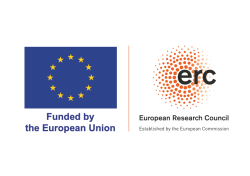Photo by Marie-Aude Fouéré, Tanzania, 2020

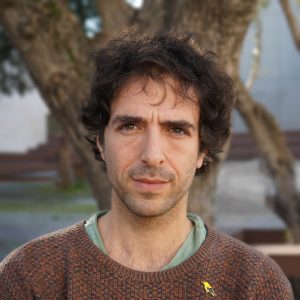
Yonatan is a social anthropologist studying international development, family dynamics, well-being, and religion in East Africa. Alongside his work on Project AfDevLives, he is deputy PI on Swiss National Science Foundation Sinergia project called FamilEA: Remaking of the Family in East Africa (Project n° CRSll5_213547/1, 2023-2027).
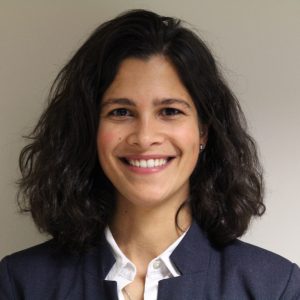
Ana Luísa Silva is a development studies researcher and visiting assistant professor at Iscte. She holds a PhD in Development Studies from the University of Lisbon, where her doctoral work explored the intersection of innovation, NGOs, and development cooperation. In 2021, she co-founded Oficina Global, a research-to-action initiative connecting civil society organisations with academia. As part of the AfDevLives project, her current research examines international aid to Mozambique’s health sector, using donated vehicles as an entry point.
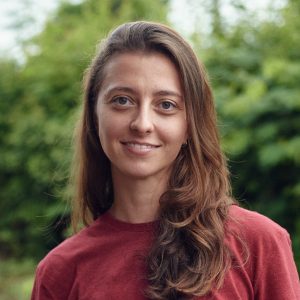
Janine is a cultural anthropologist who has spent over a decade in Northern Tanzania engaged in development work and scholarly research. She completed her PhD in Anthropology at the University of Amsterdam, where her work shed light on the nuanced ways in which gender, sexuality, and secrecy intersect in the Kilimanjaro region. Currently, as part of the AfDevLives project, she continues her research in the Kilimanjaro region of Tanzania.

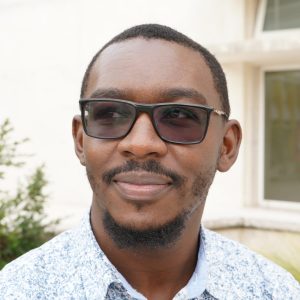
Ngure is a holder of both a bachelor’s degree in development studies and a Master of Arts degree in Sociology and Psychology from Moi University. His master's thesis focused on the meaning formation of alcoholism among alcoholics in Kambu County, Kenya. Currently, he is a Doctoral Candidate at the University Institute of Lisbon, ISCTE-IUL. His current research interest is on the afterlives of the defunct meter gauge railway stations in Kenya, with a case study of the Naivasha station. Specifically, his interest lies in the intersection between the material remains in the station and the everyday lived realities of communities surrounding the station.
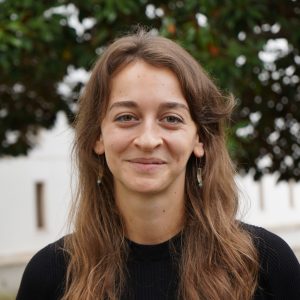
Berenike did her BA in Anthropology and MA in African Studies at the University of Leipzig, Germany. For her MA thesis, she conducted field research on the naming of daladala stops in Zanzibar, Tanzania. Her interests include Swahili studies, posthumanism as well as queer-feminist and postcolonial studies. For her PhD research within Project AfDevLives she develops a case study in Lindi, southern Tanzania.
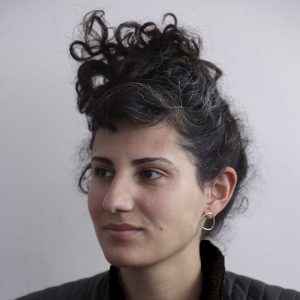
Keren is an architectural researcher and curator. Her practice is situated at the intersection of the built environment, archives, exhibitions, and politics – in various interactive formats. She’s previously worked for museums, universities, and non-profit organisations. Working on various projects that investigate multi-narrative histories through the use of 3D scanning.
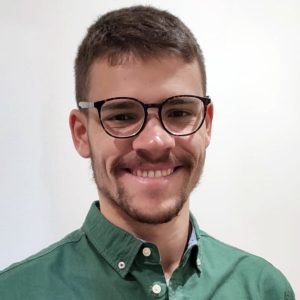
António Gonçalves is a Research Assistant on the AfDevLives project at Iscte and a Research Associate at the NOVA Refugee and Migration Clinic. He holds a Bachelor's degree in European Studies from the University of Lisbon and a Master's degree in International and European Law from NOVA School of Law. António’s research focuses on human rights, global governance, and migration studies.
Marie-Aude Fouéré, EHESS – École des hautes études en sciences sociales (France)
Carla Bertin, UNIL – University of Lausanne (Switzerland) former AfDevLives postdoctoral fellow
Manya Kagan, University of Pennsylvania (USA)
Eunice Kamaara, Moi University (Kenya)
Lena Kroeker, Bayreuth University (Germany)
Angela Kronenburg García, UCLouvain (Belgium)
Eric Masese, Moi University (Kenya)
Claire Médard, IRD – Institut de Recherche pour le Développement (France) and Moi University (Kenya)
George Mutalemwa, St. Augustine University (Tanzania)
Orlando Nipassa, Eduardo Mondlane University (Mozambique)
Manuel João Ramos, Iscte – University Institute of Lisbon (Portugal)
____________________________________
Anselmo Matusse, former AfDevLives postdoctoral fellow

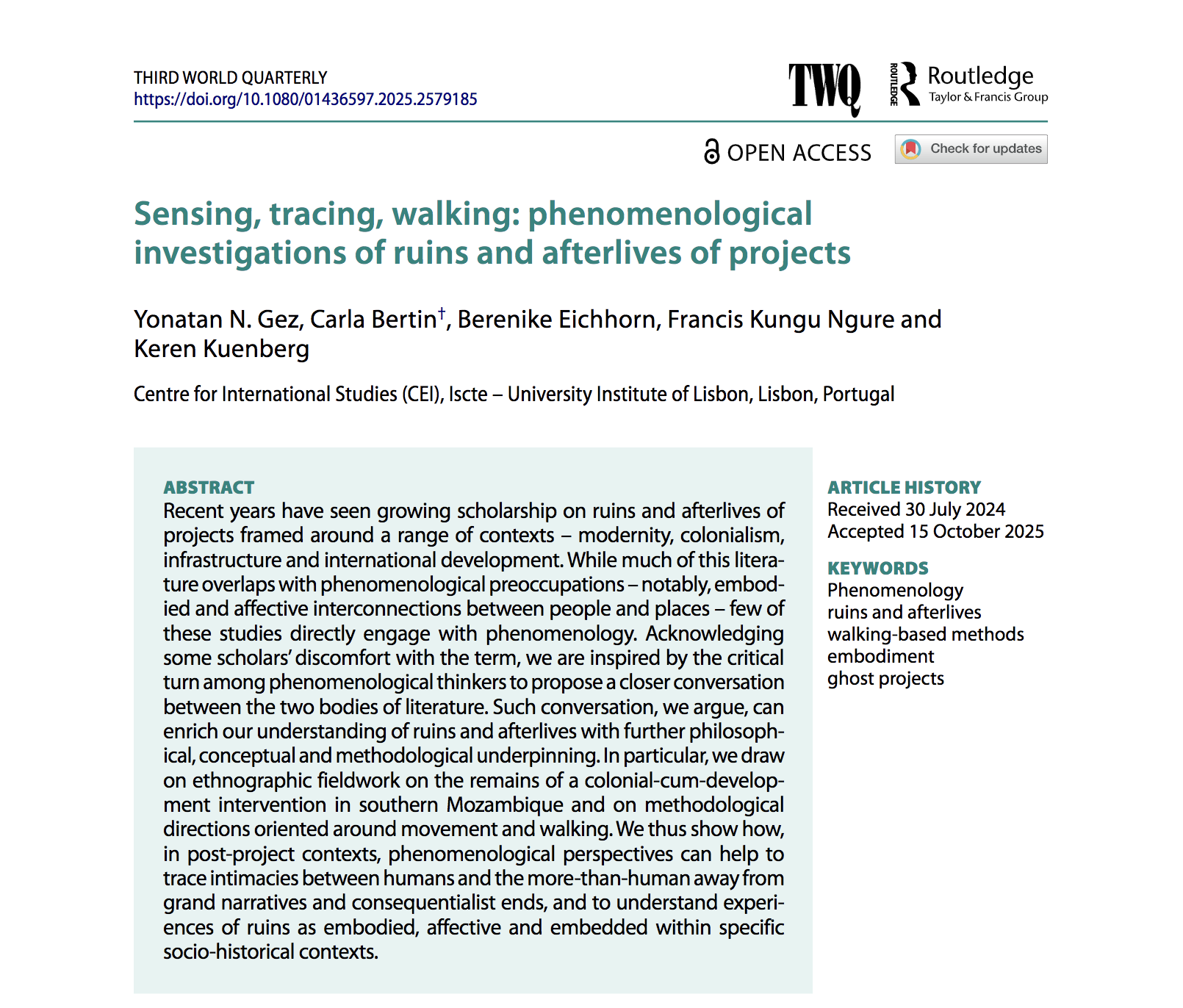
Our new article in the journal Third World Quarterly is out. It brings phenomenology into conversation with research on ruins and afterlives of development, drawing on fieldwork in southern Mozambique. We explore how embodied and affective encounters with post-project places can deepen understandings of their socio-historical and more-than-human dynamics.
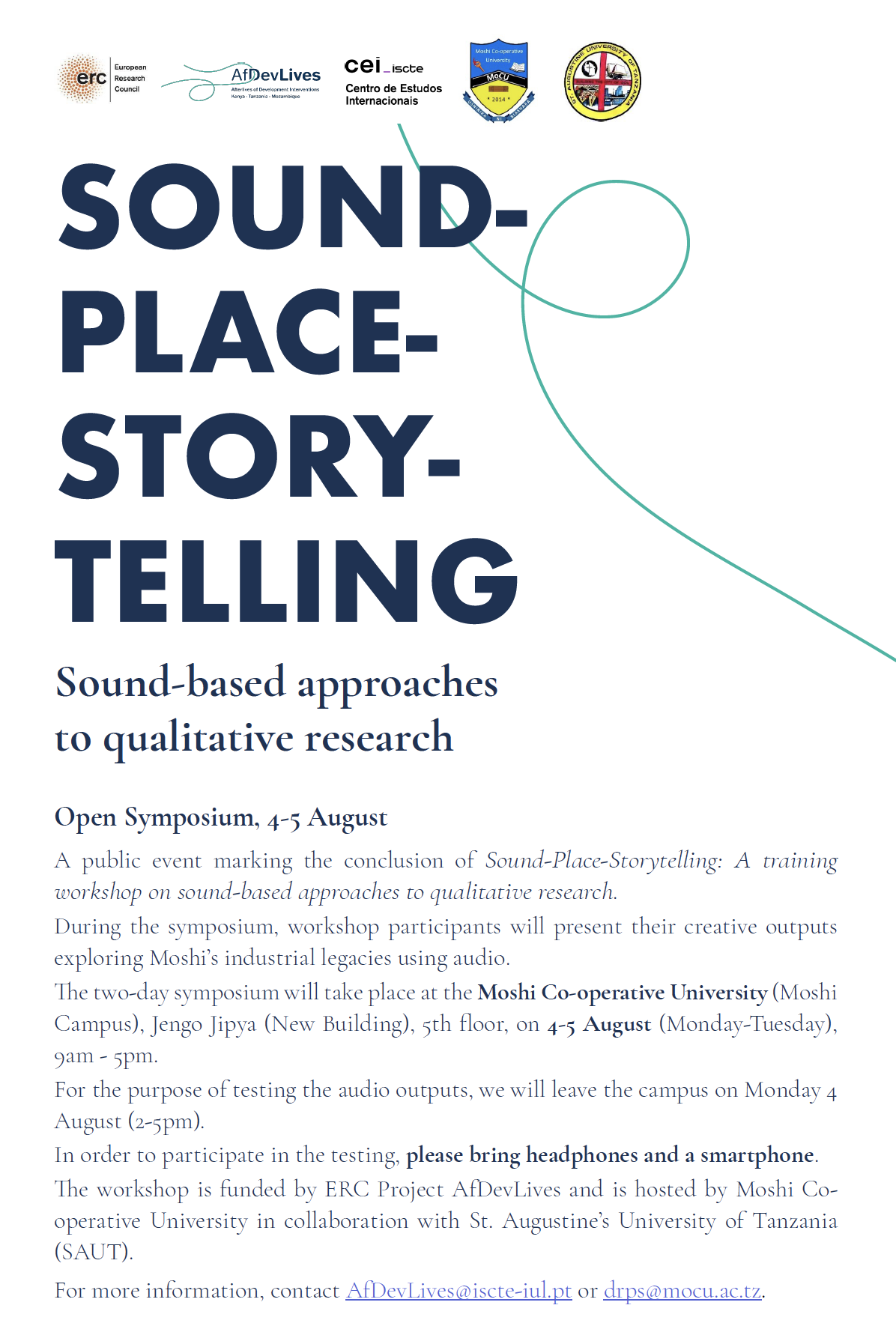
A public event marking the conclusion of Sound-Place-Storytelling: A training workshop on sound-based approaches to qualitative research. During the symposium, workshop participants will present their creative outputs exploring Moshi’s industrial legacies using audio. The two-day symposium will take place at the Moshi Co-operative University (Moshi Campus).

We invite applications for an intensive ten-day workshop in Moshi, Tanzania focused on sound-based qualitative approaches to scholarly, practical, and artistic research. Selected candidates will join an existing team of social scientists who study the afterlives of development interventions and (de)industrialization. The workshop is built around an experimental training connecting qualitative and creative research, in which we will employ sound-based methods to invite new ways of experiencing urban places and of bringing complex, contested, or hidden stories to life.
How to apply? Applicants should submit their complete CV and a letter of motivation that outlines their academic and professional trajectory and key interests, explaining why they are interested in the workshop and what they expect to gain from it. Applications to be submitted by 15 May 2025.
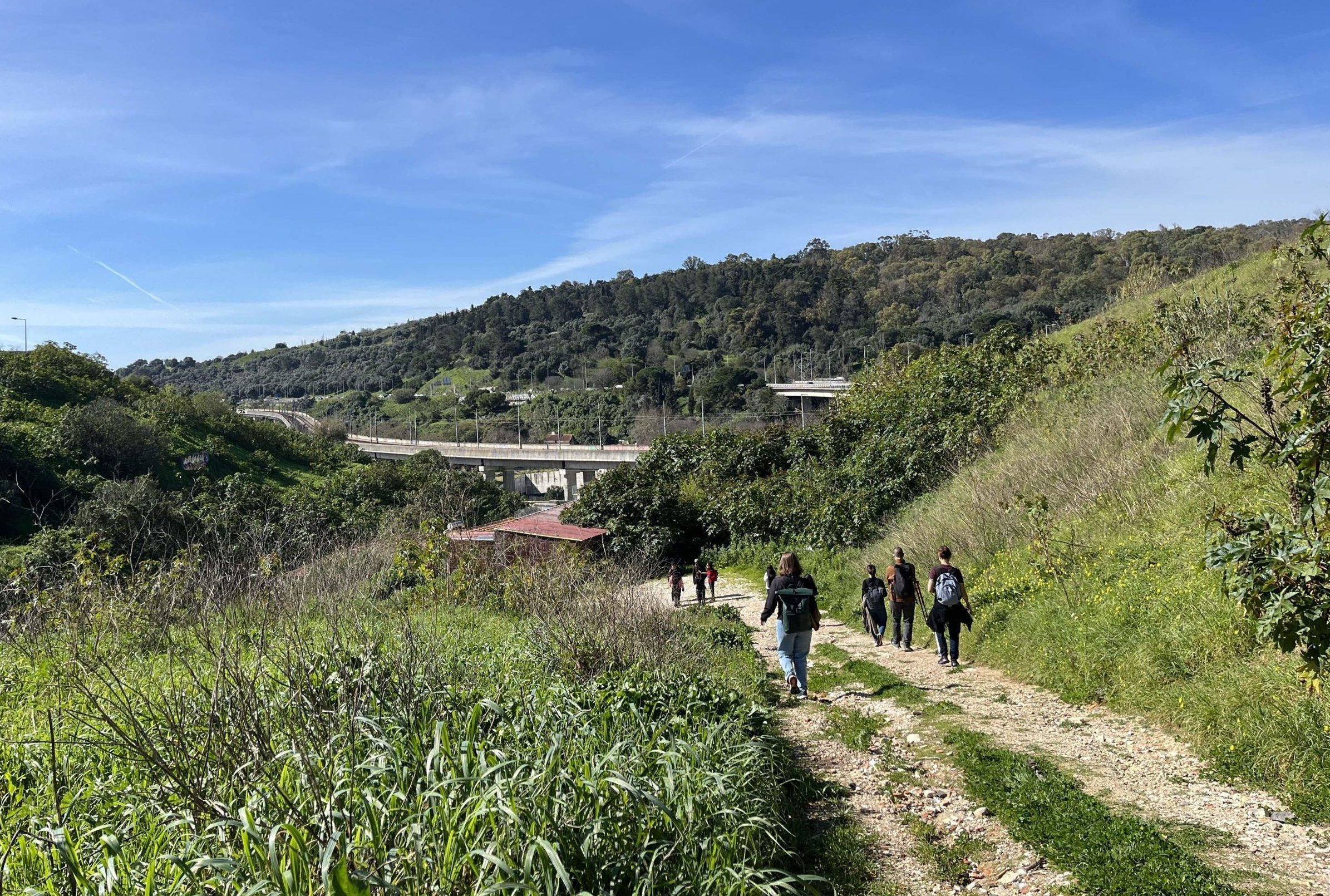
Joana invited us to walk and listen to places, to their temporal layers and ingrained entanglements. The workshop concentrated on walking and listening as forms of place-based research and practice that allowed us to engage with concrete sites and to read traces of multiple, often conflicting, temporal layers engraved in them.
The workshop took place on the 26-28th of February around Lisbon and @ISCTE
* Part of the AfDevLives Creative Research Methodologies Series.
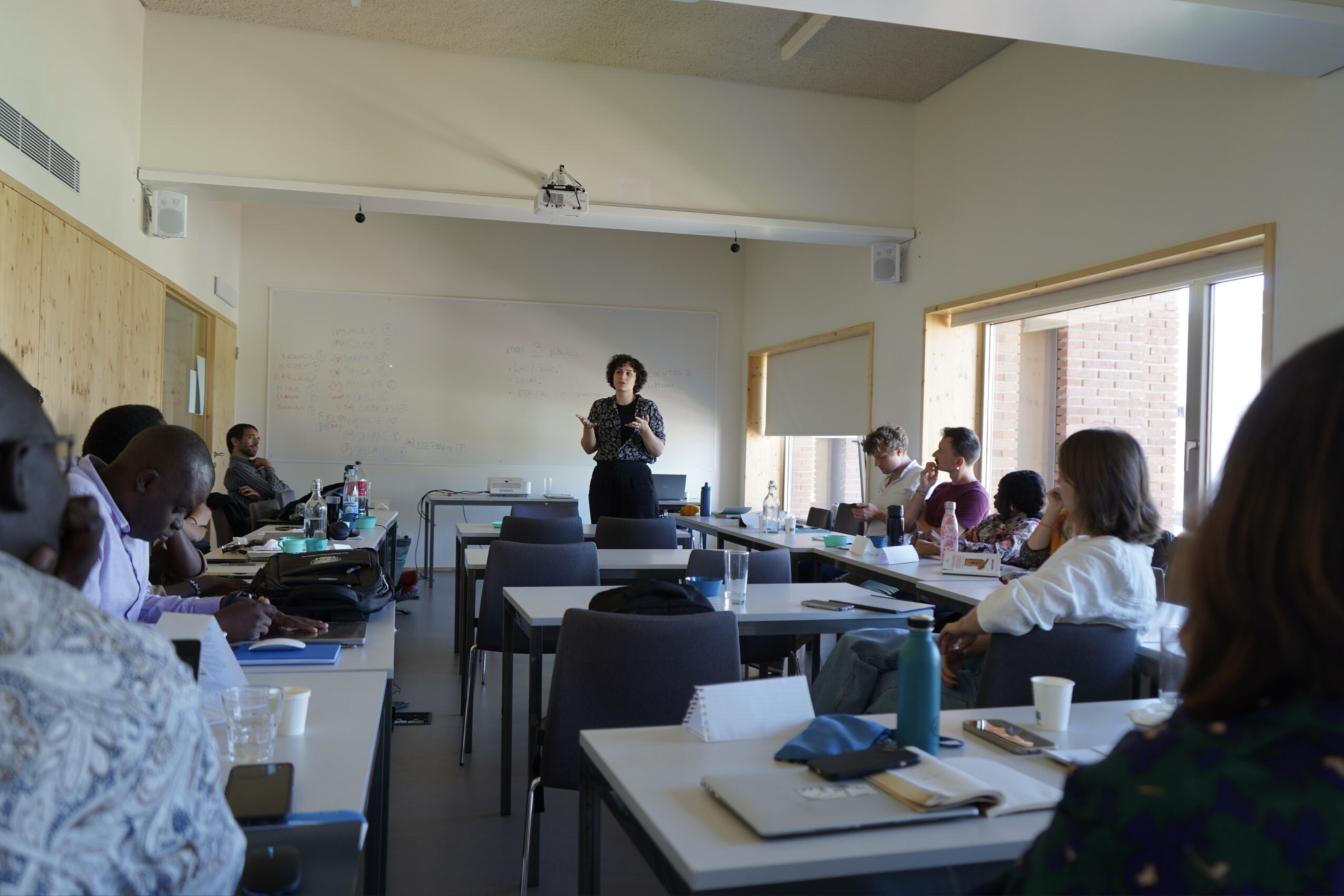
On the 23rd of April 2024 we hosted another AfDevLives creative research methodologies session, dedicated to the photovoice research method. It was facilitated by Nura Ali, a doctoral student at the Development Planning Unit at University College London, and Nosazemen Agbontaen, a filmmaker, photographer, writer and producer.
In their lecture "Photography as Method", Nura and Nosa shared their work using participatory photography in an effort to re-frame the narrative of a contested low-income neighbourhood in Lagos, Nigeria.
* Part of the AfDevLives Creative Research Methodologies Series.
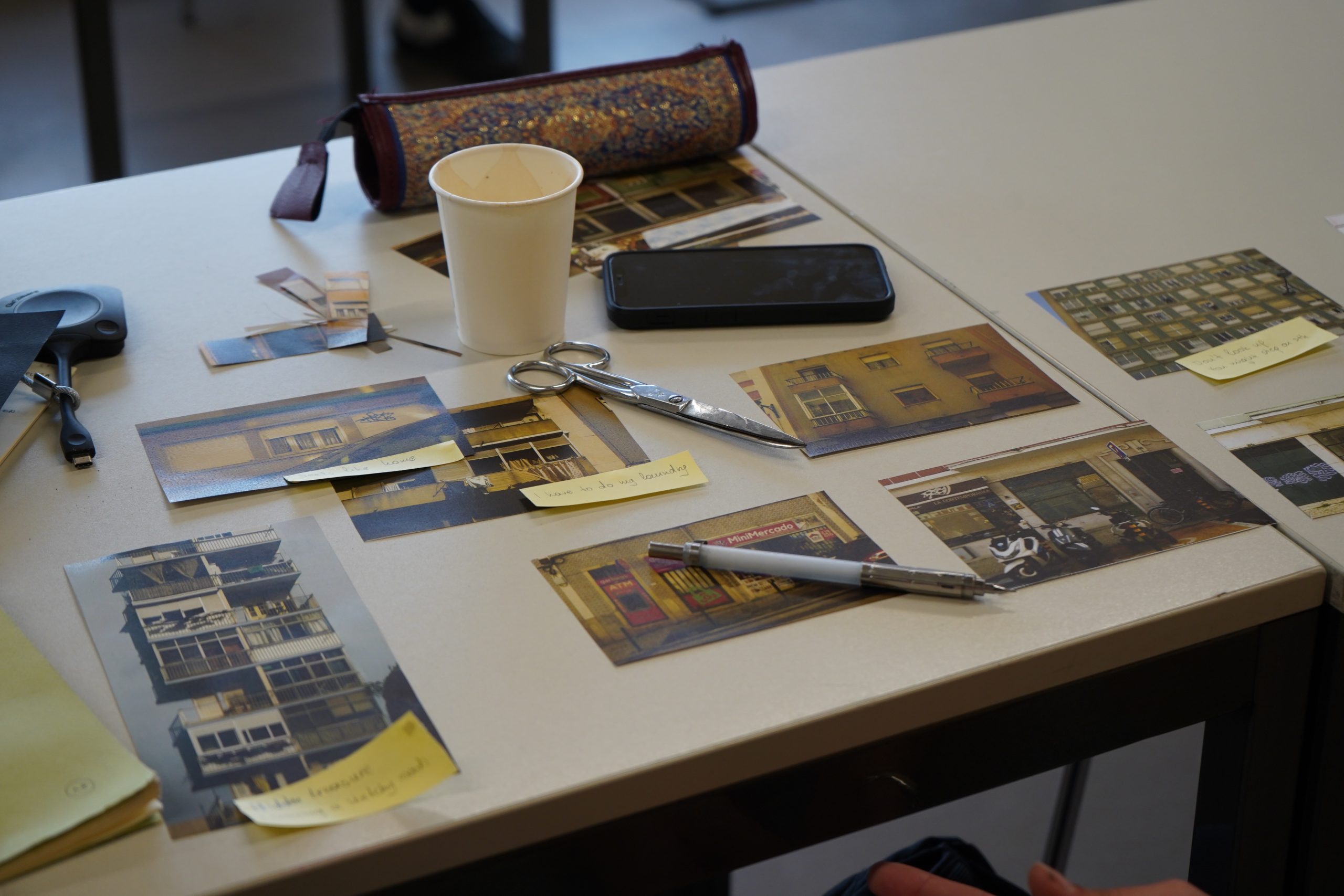
The second session of the creative research methodologies led by the architect and photographer, Gili Merin. In her lecture and workshop she invited us to learn about her ongoing exploration of the history of urban photography, visual travelogues and photo essays in order to formulate a critique of the ways images have been produced and consumed over the last century. Under the title Photography Against the Grain: Observation, Engagement and Documentation the lecture also included an overview of Gili’s photographic projects that offer tools for critical observation, engagement and documentation of the built landscape.
This event took place on the 22nd and 23rd of February 2024.
* Part of the AfDevLives Creative Research Methodologies Series.
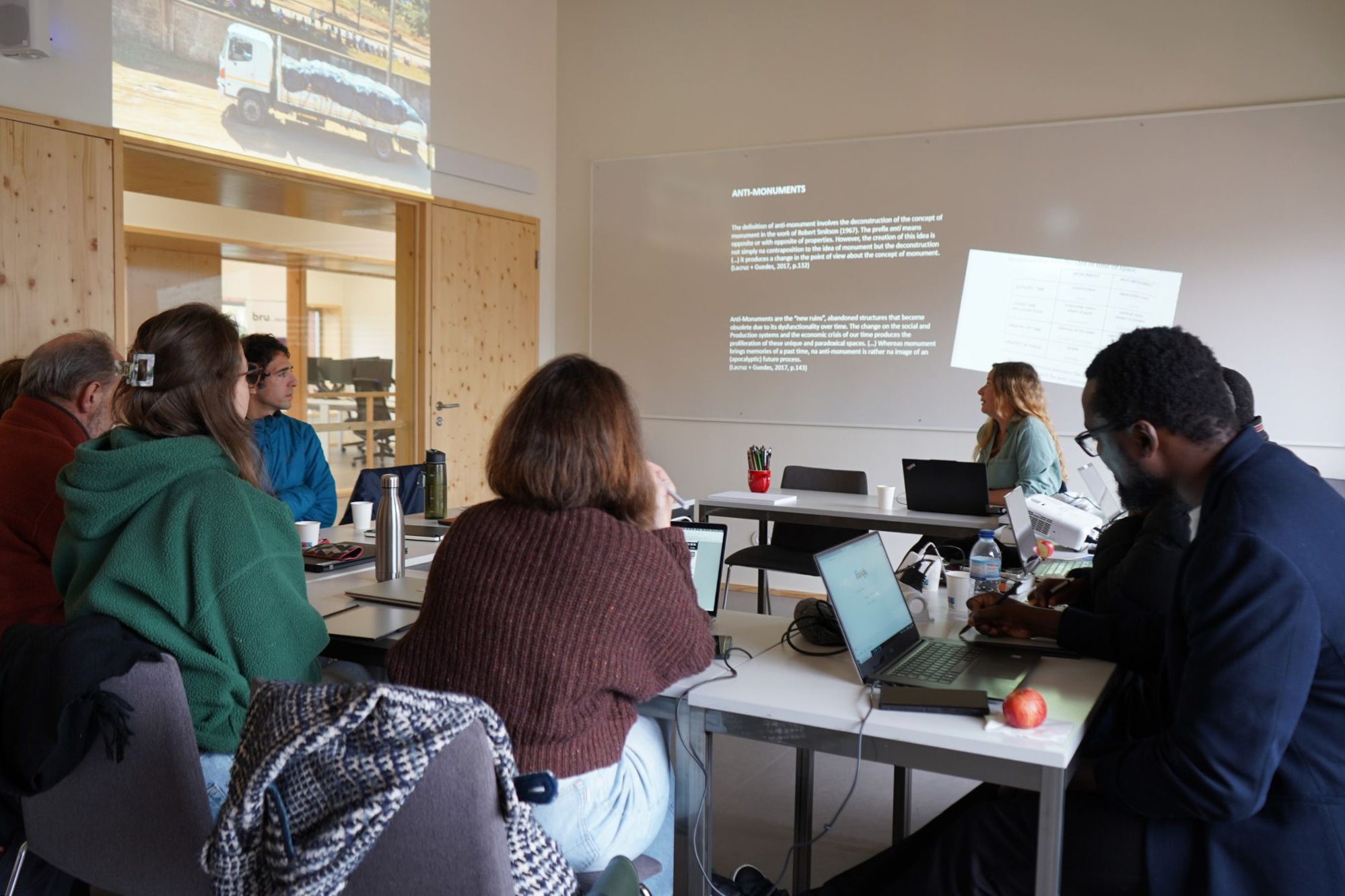
The first session of the creative research methodologies event series took place on the 4th and 5th of December. The researcher, curator and editor Inês Moreira invited us to join her methodological endeavour under the theme “Curating, Extreme Sites and Non-Beloved Heritage”.
The open lecture on 4th December 2023 - was titled: “Curating as engaging with extreme sites: the ex-Soviet monuments by the Baltic.”
Followed by the second part, a workshop, on “On the Nomadic Research at the Fringes Group´s Methods: fieldwork, visual essay and arts-based research.”
* Part of the AfDevLives Creative Research Methodologies Series.
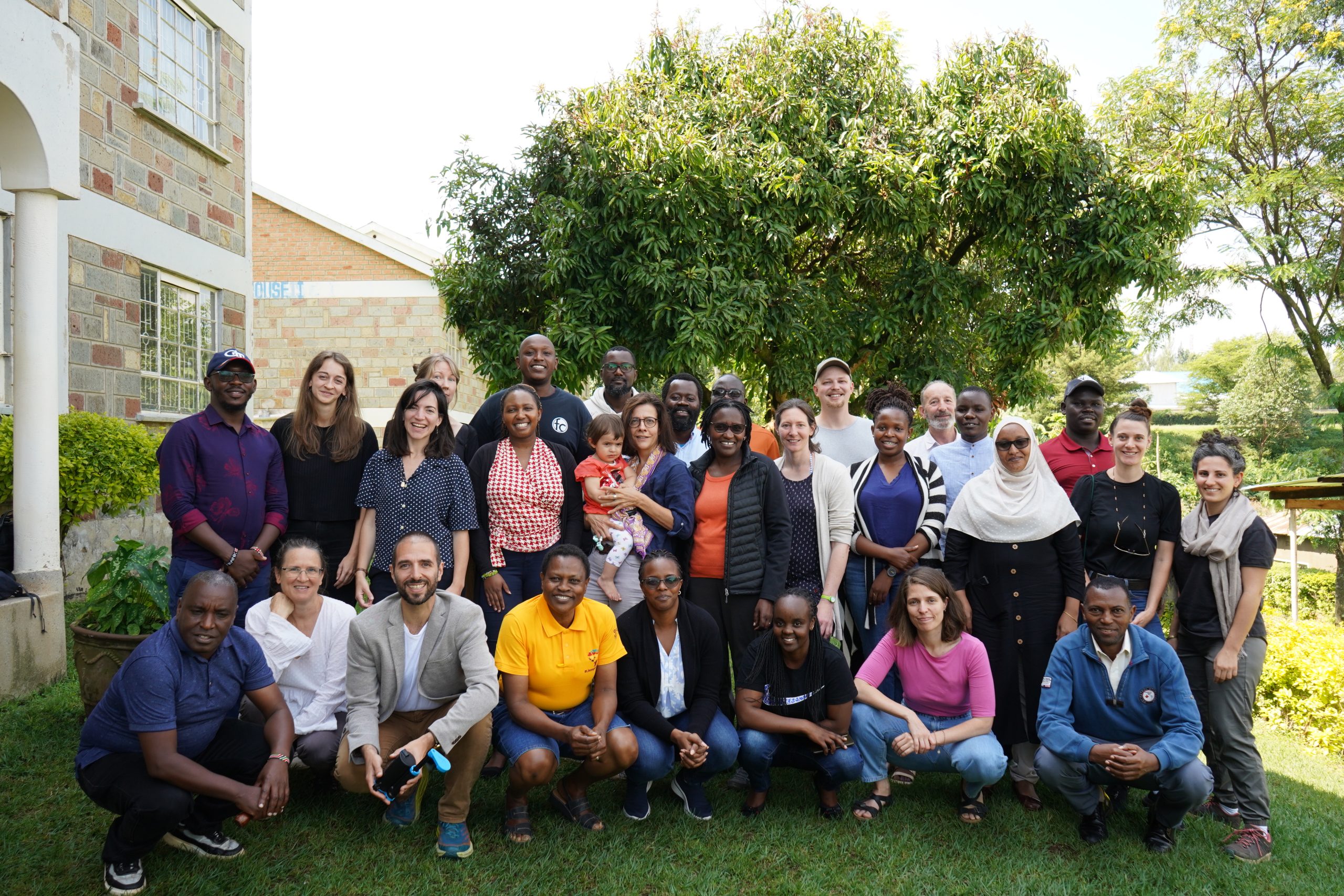
A group photo from the recent ECRIS July 2023. The collective qualitative research method known as ECRIS, pioneered by development anthropologists Jeanne Pierre Olivier de Sardan (French) and Thomas Bierschenk (German). This method encourages debate across fields and competences, turning interpretative differences into valuable learning opportunities and especially geared towards the unpacking of the complexities associated with development projects (REFs). In mid-2023, in the context of ERC Starting Grant AfDevLives in Portugal and in collaboration with Moi University in Kenya and the Institut de Recherche pour le Développement (IRD) and French Institute for Research in Africa (IFRA) in France, we applied this approach to a the study of remains of a Finnish-Kenyan water-infrastructure collaboration called Kefinco, which was implemented in western Kenya from the early 1980s to the mid-1990s.
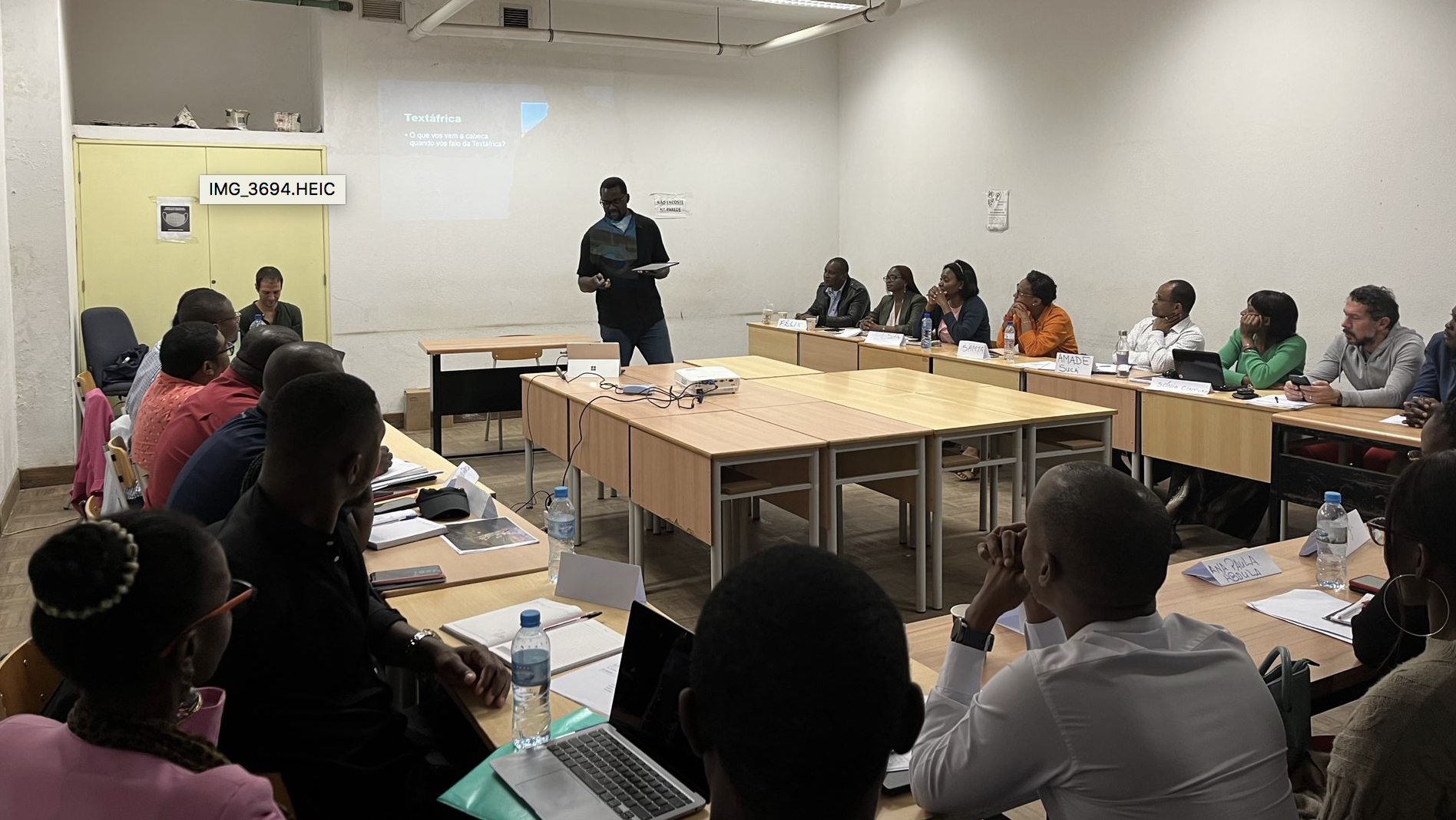
From August 21 to 25, 2023, we organised a Thematic Seminar titled "Beyond the Official Limits of Development Projects" in partnership with the Department of Sociology at Eduardo Mondlane University in Mozambique. The objectives of the seminar were to strengthen the relationship with our partner, the Department of Sociology, equip students with theoretical and methodological tools to examine the afterlives of development projects in the country, and ultimately build a community around the theme. Approximately 30 members participated in the seminar, many of whom were Ph.D. students in Development and Society from the Department of Sociology and other doctoral candidates interested in the development theme from various departments at UEM.

Funded by the European Union. Views and opinions expressed are however those of the author(s) only and do not necessarily reflect those of the European Union or the European Research Council Executive Agency. Neither the European Union nor the granting authority can be held responsible for them.
afdevlives@iscte-iul.pt

